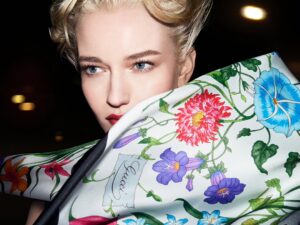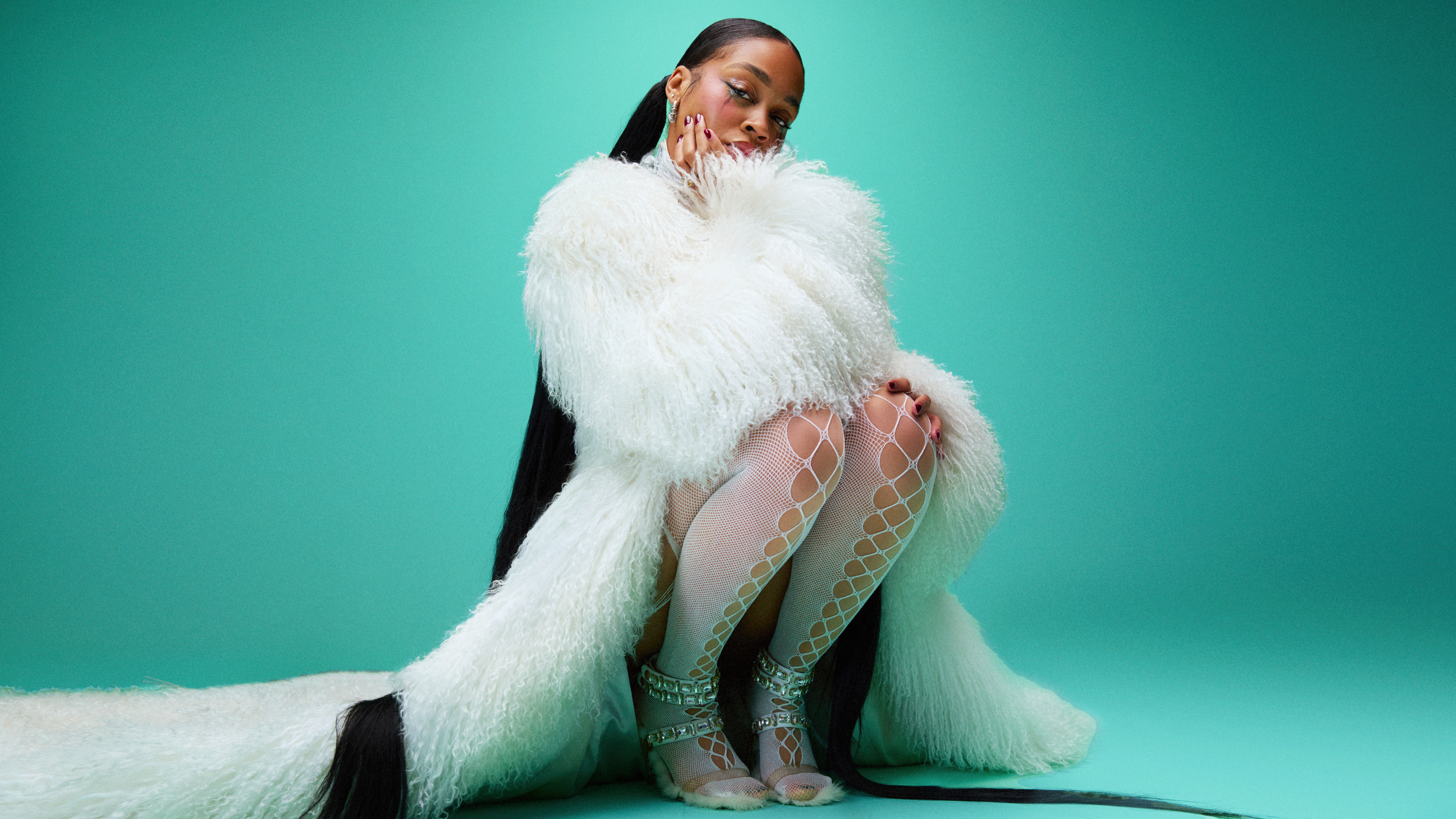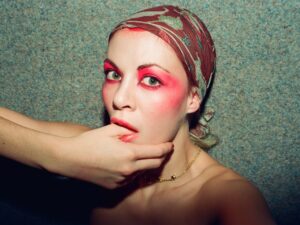The Instagram influencers who are bucking the algorithm, finding their own voice, and pursuing change one step at a time.
Expressing themselves on social media is a daily essential for ex-Germany’s Next Top Model alumni / actress, Anuthida Ploypetch, and aspiring singer, Nisa-Maranda Jones. Still, it took them a while to embark on a journey to find their own voices. Both ladies had their social media reawakening around a year ago, and decided to begin expressing their true selves. They started to question beauty ideals, management advice, and the expectations of their Instagram audiences.
Having overcome those prior restraints makes them the perfect ambassadors for the new Valentino scent VOCE VIVA, the newly released fragrance which stars Lady Gaga as its face. Born to voice the Maison’s values of diversity and individuality, VOCE VIVA came to life in a dialogue between Lady Gaga and Pierpaolo Piccioli. Composed of color, couture and coolness, this essence lets each woman radiate with the energy of fulfillment and confidence. Like the newly released fragrance, the following conversation is about striving for a unique, bold voice that comes from a heart of good intentions.
What was an early experience where you noticed that what you do creatively has an effect on other people, like, influencing them for the better?
Anuthida Ploypetch: I am entering a new chapter in my life and my career at the moment. I have been active on social media for four years and I think the first time where I truly used my own voice was around one year ago. There was something that frustrated me personally. At that moment, I didn’t really think about whether I should oppose what frustrated me or not, I just did it. The issue was about face-tuning and photoshopping myself and what beauty really means. It was the beginning of a self-healing phase, how to improve my life to be more healthy physically and psychologically. I started to question myself, what I was striving for and what others expected of me. This time, I didn’t keep it to myself, but shared it.
What was it that you felt uncomfortable with?
AP: I was very unhappy and frustrated with myself, how I saw myself. I got used to editing my face, my skin tone. I made my eyes bigger and my face smaller. Basically, to follow the beauty ideals that were dominating Instagram. I was told to do it this way by my management, the people around me, but I was still unhappy.
Then, my boyfriend took a picture of us after we just fell in love. He posted it immediately. And I felt I looked ugly in these pictures. I couldn’t see myself in the mirror. And that’s when I woke up, I guess. I started asking myself, “What’s wrong with you?” “Why are you so unhappy with yourself?” and “Why does he think I am beautiful?” So, I questioned my own perception and I stopped editing myself. That was very hard. I felt that those are kind of first world problems I am dealing with. But I just felt like I had to accept myself in order to support any other people or in order to speak my voice in the first place. Like, I have to deal with myself first to know who I am. And that’s when it all starts. Instagram was a big part and a big motivation to share my doubts. I was sure that other people would identify with me.
And for you, Nisa?
Nisa-Maranda Jones: When I started with Instagram, I used it to put myself out there to share everything I did. I used to compare myself a lot and think way too much about the way I look. Trying to fit in. Maybe one and a half years ago, I started to show myself the way I wanted. I did things how I wanted to do them. I reflected on what it is I really wanted to share. For example, I grew my eyebrows out.
That was also a year ago: Was there something that happened on Instagram in general?
NMJ: I am not sure. I just started to follow people I found inspiring. I found others who thought the same. I slowly started to not care what other people think.
How did your audiences react to your changes? Anuthida, you cut your hair recently. It looks really good, but it feels like quite a big change.
AP: I am very thankful for my audience. In my profile, there is less hate today then about five years ago. If someone writes to me now, it is mostly a constructive opinion. But of course on some days there are random people who complain. For example, accusing me of acting like all the other “trendy people.” I didn’t feel personally offended by that comment, but I questioned what “trendy people” meant. Just because I express myself? I started to dance more, voice my thoughts and opinions. I became more bold. In the end, I decided that I cannot reach everybody and that is good. I shifted my focus to those people who understood my changes. In a way, I have started to build another community – to communicate to those who are open-minded.



